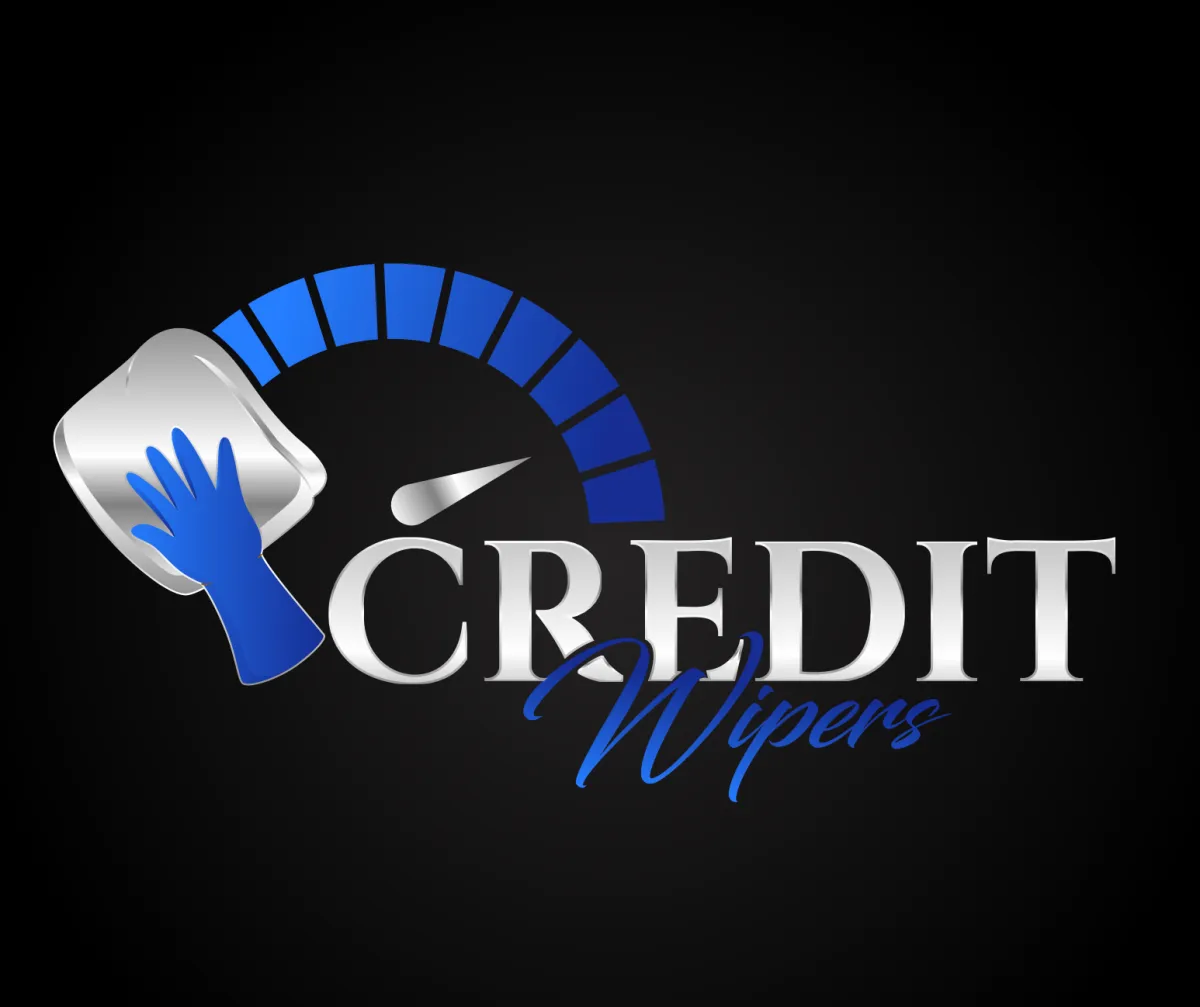WELCOME TO CREDIT WIPERS
Personalized Credit Repair Backed by Real Results – No Tricks, Just Transparency.
We help individuals legally dispute inaccurate, outdated, or unverifiable items from their credit reports.
Our process is educational, transparent, and fully compliant with the Fair Credit Reporting Act (FCRA).

Credit Evaluation
We’ll review your credit report with you, identify outdated or unverifiable items, and answer your questions.

Set a Goal
Whether you’re aiming for a new car, home, or just peace of mind—we’ll build a plan to support your credit goals.

Get Results
We help you submit targeted disputes, track progress, and build a stronger financial future the right way.

ABOUT US
Rebuild, Repair & Improve Your Credit Score — the Right Way
We help individuals legally dispute inaccurate, outdated, or unverifiable items under the Fair Credit Reporting Act (FCRA).
Our mission is to educate and empower you, not just “fix” your score — so you can move forward with confidence.

Credit Repairing
We provide transparent, fully compliant credit education and dispute support. No gimmicks. No shortcuts.
Credit Repair Services
We offer personalized support to help you dispute inaccurate, outdated, or unverifiable information on your credit reports — in accordance with the Fair Credit Reporting Act (FCRA).
Our services are designed to educate and assist you through the dispute process while helping you build a stronger financial future.
⚠️ Please note:
We cannot guarantee specific results or outcomes.
We do not promise a specific credit score increase or timeframe.
Every credit report is different — results may vary based on your unique situation and the accuracy of the information reported.

HOW WE WORK
How Our Credit Repair and Restoration Works

Review Credit Reports
We start by pulling your 3-bureau credit reports and identifying any inaccurate, outdated, or unverifiable accounts.

Fix or Dispute Errors
We dispute negative items legally under your consumer rights (FCRA/FDCPA), aiming to remove what doesn't belong.

Pay Your Bills On Time
We encourage on-time payments and provide tips to build healthy credit habits that improve your profile.

Pay Down Outstanding
Reducing high credit card balances can make a big impact on your score. We help you prioritize smart paydowns.

Keep Old Cards
We educate you on why keeping older accounts open can help your score by improving credit age and utilization.

Watch the Progress
You’ll get regular updates and access to your progress dashboard so you can stay informed every step of the way.
CASE STUDY
Discover Our Credit Repair and Restoration Works
I went from 11 collections to just 2 — and finally got approved for a car.
After 3 months of consistent disputes using our method, they walked into a dealership and drove out with financing they actually understood.
📌 Situation: Bad credit, denied repeatedly
💡 Result: 60+ point boost & approval
Single mom got her own apartment. No cosigner. No stress.
We helped her clean up her report, verify outdated accounts, and build a new profile — fast enough to get approved before her lease was up.
📌 Situation: Eviction & low score
💡 Result: Lease approved, no co-signer
Credit card limit went from $200 to $3,000.
They followed the $9 Challenge, cleared up errors, and leveraged what they learned to build better credit habits — the bank noticed.
📌 Situation: Low limits, no trust
💡 Result: Big limit increase & new approvals

WHY CHOOSE US
Benefits of a Stronger Credit Profile
Rebuilding your credit opens doors — here’s how better credit can work in your favor.

Approval for Higher Limits
Better credit profiles are more likely to qualify for increased credit limits and better terms.

Qualify for Better Options
Lenders may offer more favorable financing, insurance rates, and rental opportunities.

More Negotiating Power
Stronger credit gives you leverage to secure better deals on large purchases or loans.
PRICING PLAN
Choose Your Best Plan To Get Our Services
Starter Plan

$350 Enrollment + $97/month
Perfect for basic cleanups and first-time restoration
✅ Credit Bureau Audit & Score Review
✅ Credit Monitoring Setup & Ongoing Tracking
✅ Third-Party Suppression Requests (Basic Level)
✅ Access to Client Portal + Credit Education Center
No Advanced Letter Crafting or Escalations
No Bankruptcy/Foreclosure Support
Standard Plan

$500 Enrollment + $97/month
Great for moderate credit damage or past dispute attempts
✅ Full Credit Audit with FCRA Compliance Review
✅ Priority Third-Party Data Removal (LexisNexis, SageStream, etc.)
✅ 3 Custom e-OSCAR-Resistant Dispute Letters/Month
✅ Certified Mail Letter Mailing (as needed)
✅Access to Boosting Tools + Credit Building Resources
✅ Dedicated Credit Portal with Document Storage
No Court Filing Support or Legal-Style Campaigns
Premium Plan

$850 Enrollment + $97/month
✅ Comprehensive Bureau Dispute Campaigns
✅ Unlimited Data Furnisher Support (as needed)
✅ Third-Party Data Suppression & Opt-Out Sweep
✅ Full Escalation Support (CFPB + AG complaints if necessary)
✅ Dedicated Client Concierge (text/email updates + priority review)
✅ Priority Calendar Access for One-on-One Strategy Sessions
TESTIMONIALS
Our Client Reviews
"I didn’t know where to start… but Credit Wipers broke everything down step-by-step. What felt overwhelming before now actually feels doable. I’ve already seen changes in my report — and for the first time in a long time, I’m hopeful."
✅ Verified Client — Credit Wipers Program

John Bellamy
Cyber Security Ethics
“Credit Wipers helped me clean up years of mess in just a few months. They didn’t just send letters — they actually showed me what was hurting my score and how to fight back the right way. Worth every penny.”
✅ Enrolled in Premium Plan — Credit Wipers

Jennifer Tullis
Entrepreneur
Office: 600 W Peachtree St. NW #1700, Atlanta Georgia 30308
Call 855-484-3552
Email: [email protected]
Site: www.creditwipers.com
